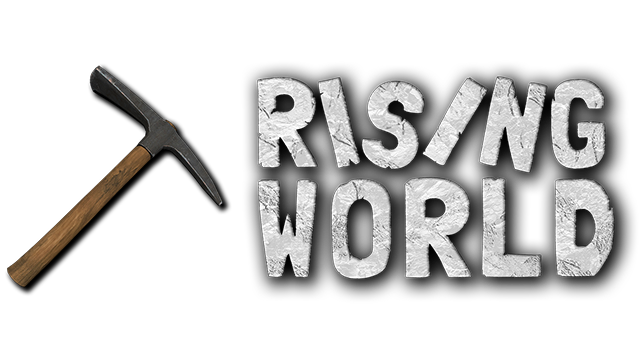Hi Red,
I run MR on a dedicated Windows server, I assume it will be possible to run both the unity server and the new version at the same time?
Also, will the new version have any automatic restart functionally. I've had to manually restart MR ever morning for the last few... years... ![]() as for some reason or another the Task Scheduler wouldn't reliably start the server script after shutting the server down. Which is odd because I use TS at work for running scripts and that always works. *shrugs*
as for some reason or another the Task Scheduler wouldn't reliably start the server script after shutting the server down. Which is odd because I use TS at work for running scripts and that always works. *shrugs*

